Nori Human Asprosin ELISA Kit
$461.00 – $832.00
DataSheet CoA SDS
This ELISA kit is for quantification of asprosin in human. This is a quick ELISA assay that reduces time to 50% compared to the conventional method, and the entire assay only takes 3 hours. This assay employs the quantitative sandwich enzyme immunoassay technique and uses biotin-streptavidin chemistry to improve the performance of the assays. An antibody specific for asprosin has been pre-coated onto a microplate. Standards and samples are pipetted into the wells and any asprosin present is bound by the immobilized antibody. After washing away any unbound substances, a detection antibody specific for asprosin is added to the wells. Following wash to remove any unbound antibody reagent, a detection reagent is added. After intensive wash a substrate solution is added to the wells and color develops in proportion to the amount of asprosin bound in the initial step. The color development is stopped, and the intensity of the color is measured.
Alternative names for asprosin: Fibrillin, fibrillin-1
This product is for laboratory research use only not for diagnostic and therapeutic purposes or any other purposes.
- Description
- How Elisa Works
- Product Citations
- Reviews (0)
Description
Nori Human Asprosin ELISA Kit Summary
Alternative names for asprosn: Fibrillin, fibrillin-1
| Assay Type | Solid Phase Sandwich ELISA |
| Format | 96-well Microplate or 96-Well Strip Microplate |
| Method of Detection | Colorimetric |
| Number of Targets Detected | 1 |
| Target Antigen Accession Number | P35555 |
| Assay Length | 3 hours |
| Quantitative/Semiquantitative | Quantitative |
| Sample Type | Plasma, Serum, Cell Culture, Urine, Cell/Tissue Lysates, Synovial Fluid, BAL, |
| Recommended Sample Dilution (Plasma/Serum) | No dilution for sample <ULOQ; sufficient dilution for samples >ULOQ |
| Sensitivity | 300 pg/mL |
| Detection Range | 1.56-100 ng/mL |
| Specificity | Natural and recombinant human asprosin |
| Cross-Reactivity | < 0.5% cross-reactivity observed with available related molecules, < 50% cross-species reactivity observed with species tested. |
| Interference | No significant interference observed with available related molecules |
| Storage/Stability | 4 ºC for up to 6 months |
| Usage | For Laboratory Research Use Only. Not for diagnostic or therapeutic use. |
| Additional Notes | The kit allows for use in multiple experiments. |
Standard Curve
Kit Components
1. Pre-coated 96-well Microplate
2. Biotinylated Detection Antibody
3. Streptavidin-HRP Conjugate
4. Lyophilized Standards
5. TMB One-Step Substrate
6. Stop Solution
7. 20 x PBS
8. Assay Buffer
Other Materials Required but not Provided:
1. Microplate Reader capable of measuring absorption at 450 nm
2. Log-log graph paper or computer and software for ELISA data analysis
3. Precision pipettes (1-1000 µl)
4. Multi-channel pipettes (300 µl)
5. Distilled or deionized water
Protocol Outline
1. Prepare all reagents, samples and standards as instructed in the datasheet.
2. Add 100 µl of Standard or samples to each well and incubate 1 h at RT.
3. Add 100 µl of Working Detection Antibody to each well and incubate 1 h at RT.
4. Add 100 µl of Working Streptavidin-HRP to each well and incubate 20 min at RT.
5. Add 100 µl of Substrate to each well and incubate 5-30 min at RT.
6. Add 50 µl of Stop Solution to each well and read at 450 nm immediately.
Background:
Asprosin also known as fibrillin, is a protein hormone produced by mammals in their fatty (white adipose) tissues that stimulates the liver to release glucose into the blood stream. In these tissues, asprosin is encoded by the gene FBN1.[1] In the liver, asprosin activates rapid glucose release via a cyclic adenosine monophosphate (cAMP) dependent pathway. It is transported to the liver, where it stimulates the release of glucose into the blood stream, via a cAMP-dependent pathway. Glucose released by the liver into the blood stream is required for the normal function of the brain and other organs, as well as for survival during fasting and other aspects of mammalian function. Individuals with Marfanoid–progeroid–lipodystrophy syndrome (MPL) are deficient in asprosin, while people presenting the condition of insulin resistance and obesity produce it in abundance. Dr. Atul Chopra and coworkers found mutations in the FBN1 gene in two patients with congenital partial lipodystrophy and a progeroid appearance. The two patients were Lizzie Velasquez and Abby Solomon. Truncations of the FBN1 protein in these patients were seen to have two consequences for protein production: a mutant/truncated fibrillin protein and very low plasma asprosin levels (from a postulated dominant negative effect). The condition has since been named Marfanoid–progeroid–lipodystrophy syndrome. In addition to performing a glucogenic function, asprosin is a centrally acting orexigenic hormone that is a potential therapeutic target in the treatment of both obesity and diabetes.[2] Absence of the C-terminal cleavage product of profibrillin (encoded by FBN1) in humans results in a unique pattern of metabolic dysregulation that includes partial lipodystrophy, accompanied by reduced plasma insulin, while maintaining euglycemia.[3] Progressive pathological aortic root enlargement as the result of degeneration of microfibril architecture and
consequential loss of extracellular matrix integrity due to fibrillin-1 (FBN1) mutations are commonly diagnosed clinical manifestations of MFS.[4]
References
- Maslen CL, et al. (1991) Nature 352 (6333), 334-337
- Duerrschmid C, et al. (2017) Nat. Med. 23 (12), 1444-1453
- Romere C, et al. (2016) Cell 165 (3), 566-579
- Ramachandra CJ, et al. (2015) Int. J. Cardiol. 187, 585-591.
Product Citations
Be the first to review “Nori Human Asprosin ELISA Kit”
You must be logged in to post a review.
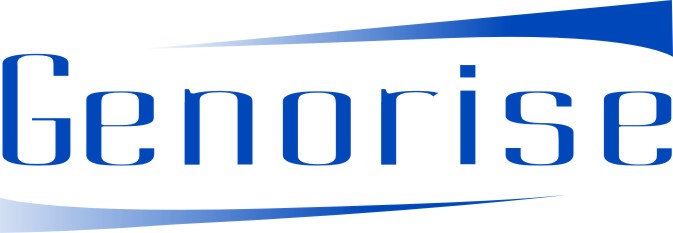






















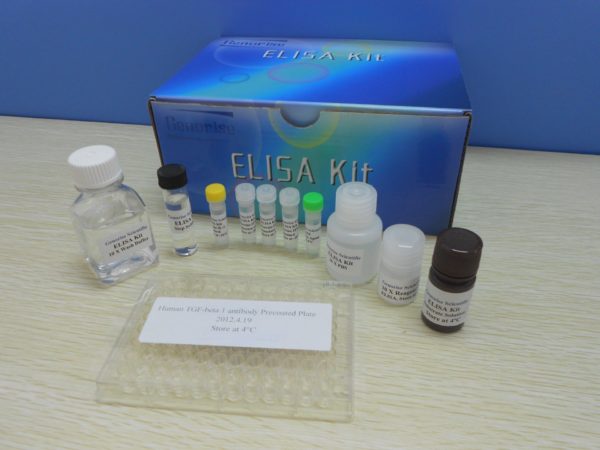
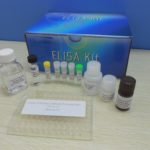

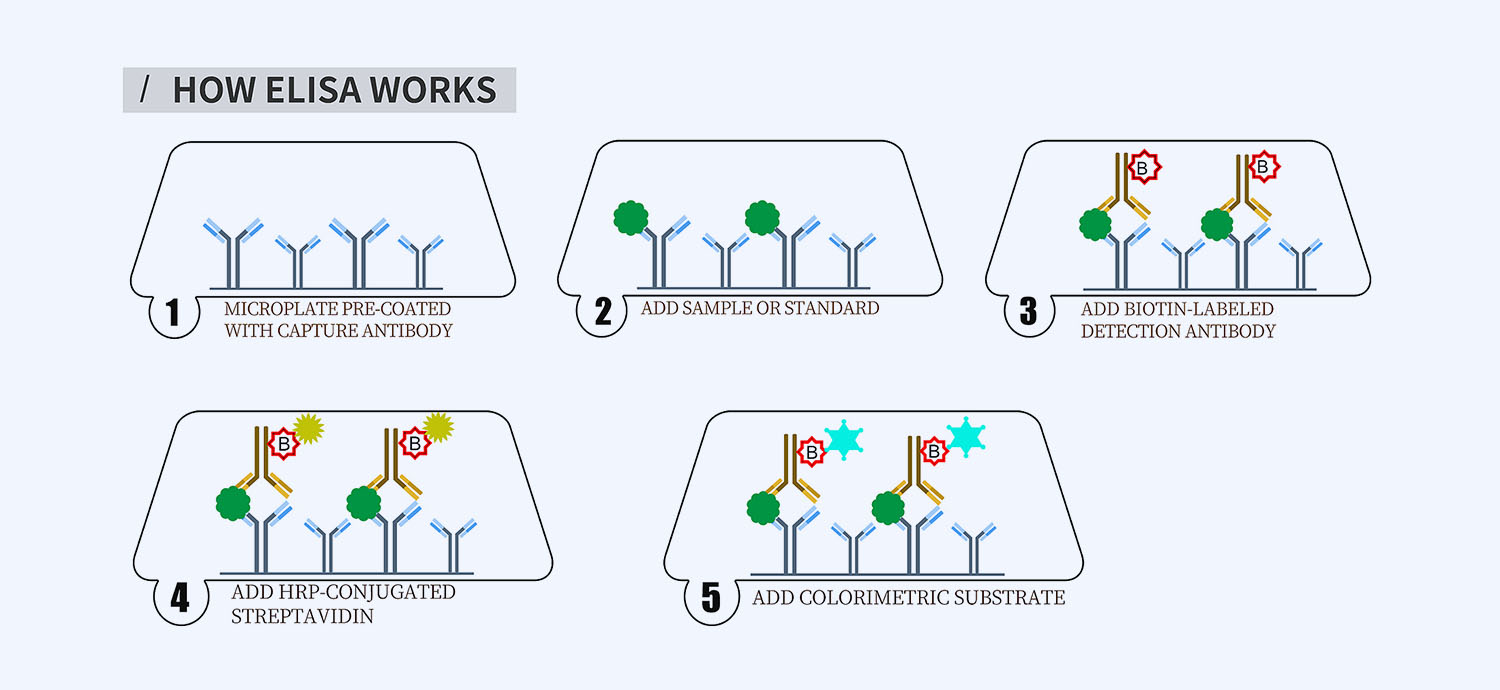
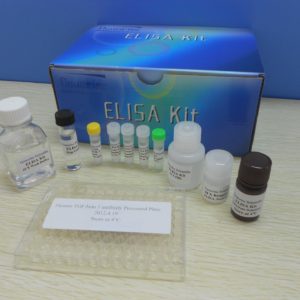

Reviews
There are no reviews yet.